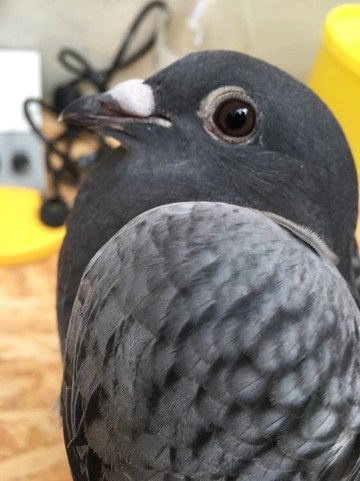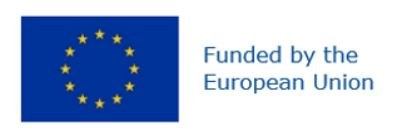Marie Skłodowska-Curie Action Postdoctoral fellowship - UrbanCog
Introduction
The “Animal Cognition in Urban Environments: The effect of diet and the gut microbiome” is a Marie Skłodowska-Curie Action Individual Fellowship focusing on the effect of diet and the gut microbiome on shaping behaviour in early-life.
The research will be carried out by Dr. Camille Troisi, under the supervision of Prof. Frederick Verbruggen (CoBE lab, Department of Experimental Psychology, UGent), Prof. Luc Lens (TEREC, Department of Biology, UGent) and Prof. Joël White (Evolution et Diversité Biologique, Université Toulouse III).
The project will take place from January 2023 to December 2024.
Project description
Natural habitats are disappearing at record speeds, and our world is becoming increasingly urbanized. Recently, researchers started exploring how cognitive abilities (the mechanisms by which animals acquire, process, store and act on information from the environment) may allow animals to adapt to urban environments. Many ecological studies revealed cognitive differences between urban and non-urban dwelling animals linking them to the challenging dynamic nature of urban environments. However, lab-based studies proved the important effects of diet on cognitive development. Different diets can directly influence cognitive abilities as well as brain plasticity through neuroinflammation, neuroplasticity or oxidative stress, as well as indirectly through the gut microbiome. High-fat high-sugar diets in particular, which are associated with urban environments, seem to have strong effects on spatial learning and memory tasks, inhibitory control and social cognition.
Funded by the Marie Skłodowska-Curie Actions programme, the UrbanCog project addresses the role of diet in urban-related cognition by merging theoretical frameworks and methodology from psychology, ecology and microbiology. UrbanCog will combine controlled laboratory experiments and measures of cognition in the wild, using feral pigeons, a species which thrives in urban environments, and whose diet vary widely between urban and non-urban environments. It will test the effects of a high-fat high-sugar diet and the gut microbiome on cognition in three domains that are considered crucial for survival in urban environments: spatial learning, inhibitory control, and social learning.
Objectives
These are the objectives of UrbanCog :
- Understand the relationship between diet, gut microbiome and cognition in young pigeons
- Experimentally assess the role of a high-fat high-sugar diet on shaping behaviour and the gut microbiome in early-life
- Experimentally assess the role of the gut microbiome on shaping behaviour in early-life
Role of Ghent University
Ghent University will provide the necessary training and resources for the development and completion of the project, particularly on cognition and movement ecology.
Website
to be announced soon
Contact
Dr. Camille Troisi
Department of Experimental Psychology, UGent
email
Prof. Frederick Verbruggen
Department of Experimental Psychology, UGent
email
Prof. Luc Lens
Department of Biology, UGent
email
Prof. Joël White
Evolution et Diversité Biologique, Université Toulouse III
email
Funding info
Disclaimer
Funded by the European Union. Views and opinions expressed are however those of the author(s) only and do not necessarily reflect those of the European Union or the European Research Executive Agency (REA). Neither the European Union nor the authority can be held responsible for them.

